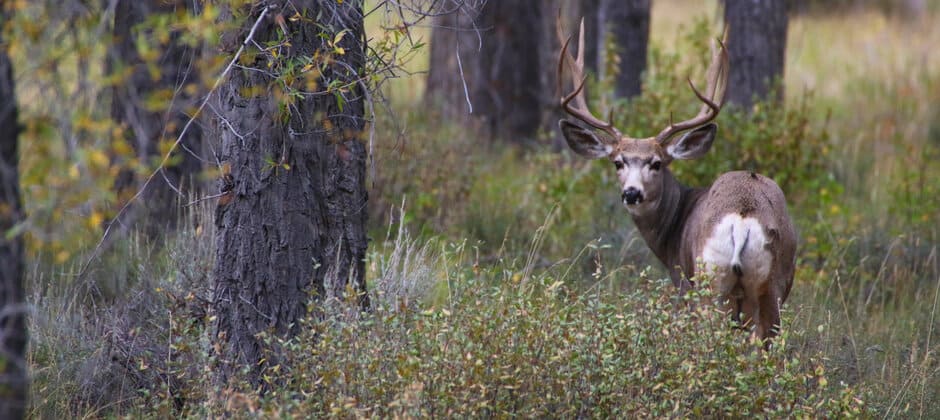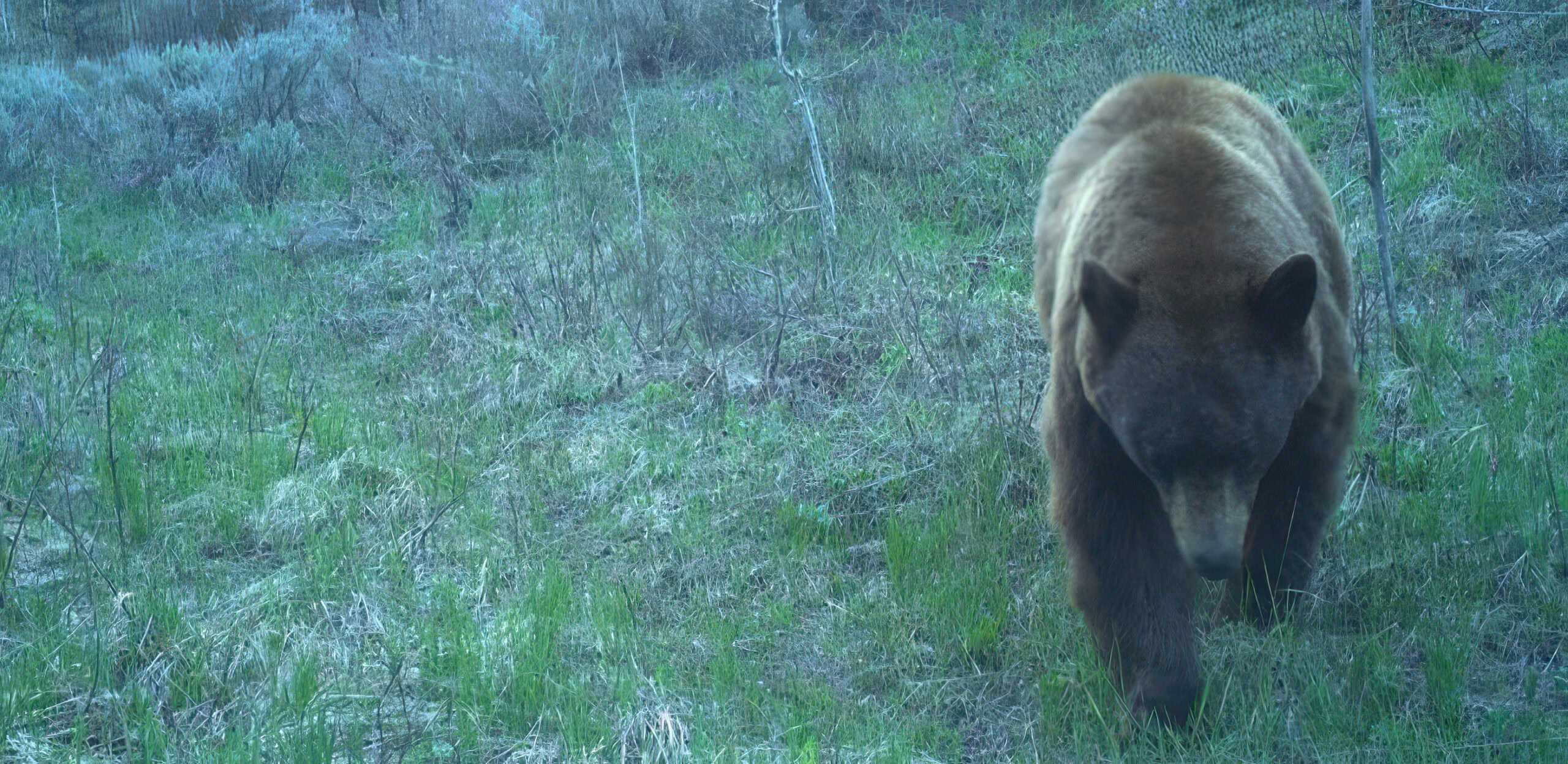Share this article
Interior report shows big game conservation progress
The Department of the Interior is making progress in protecting winter range and migration corridors for big game across the West since a 2018 Secretarial Order was signed, a new report finds.
Secretarial Order 3362, signed in February 2018, focused on maintaining and conserving migration route corridors for elk (Cervus canadensis), mule deer (Odocoileus hemionus) and pronghorn (Antilocapra americana) in 11 western states. Since the order was issued, western states have received $6.4 million from Interior for high-priority research projects and mapping of big game habitat and migrations. Another nearly $40 million has come from the National Fish and Wildlife Foundation and Partners for Fish and Wildlife program and other partners for habitat improvement and fencing.
The funding from this order has supported 73 projects across the 11 states, including habitat conservation easements on more than 39,000 acres and 326 miles of wildlife friendly and highway fencing. Invasive species management projects were undertaken on more than 302,287 acres, focused on managing invasive species like pinyon-juniper woodlands and nonnative grasses.
The report explains that the department’s approach to implementing the secretarial order is based on that used by the Migratory Bird Joint Ventures across the country. The approach includes voluntary and self-directed partnerships, each focused on a specific geographic region. The department also relied heavily on coordination with state wildlife agencies, asking each state to identify priority migration corridors as well as research priorities. An action plan was developed for each state to guide efforts.
The report acknowledges the importance of expanding communication and partnerships moving forward, noting, “it is important to acknowledge that an effort of this scale requires a broad array of committed partners and diverse funding sources for its long-term success. Further, it needs a willingness among all interested parties to work collectively toward agreeable outcomes.”
Header Image: A new Department of the Interior report highlights recent investments in protecting big game winter range and migration corridors. Credit: Kari Cieszkiewicz/USFWS








